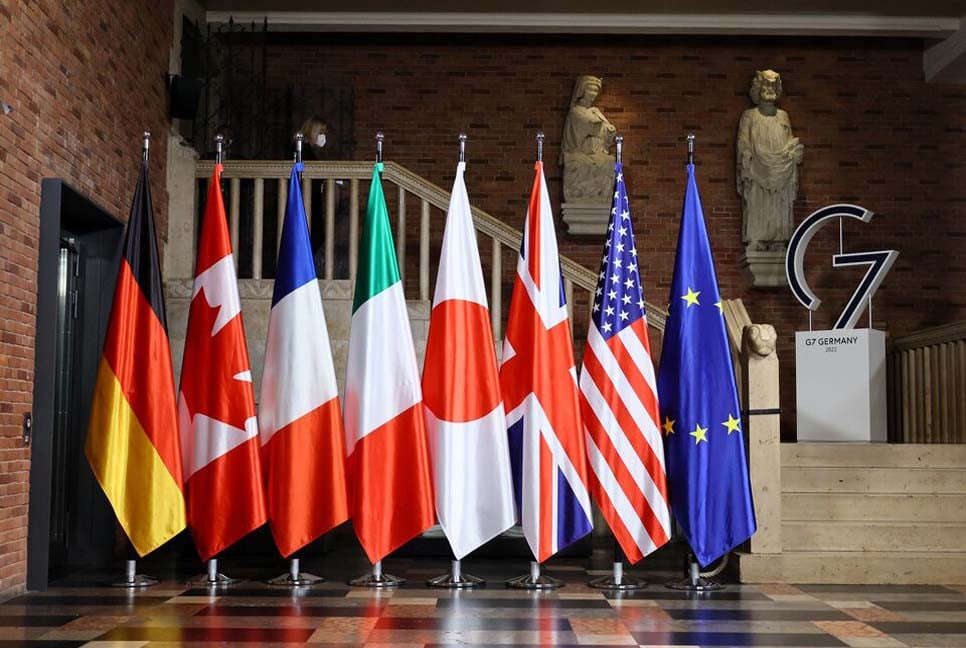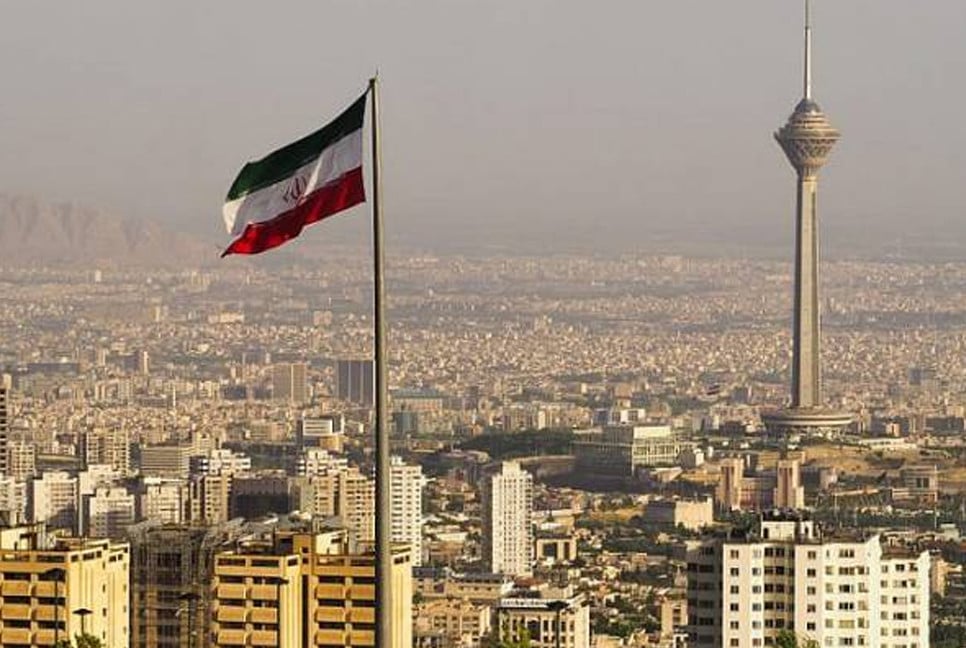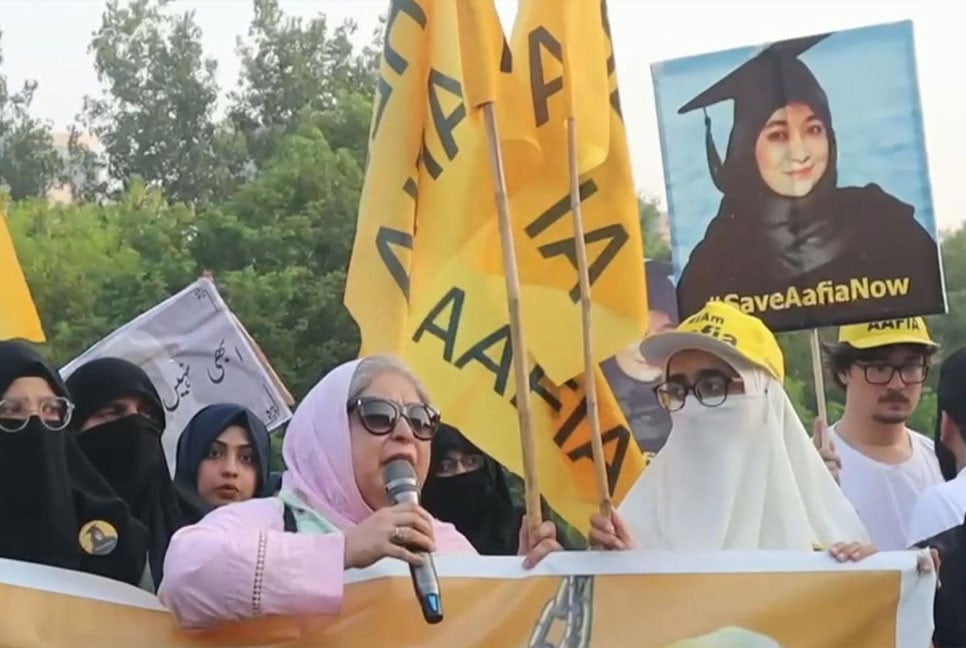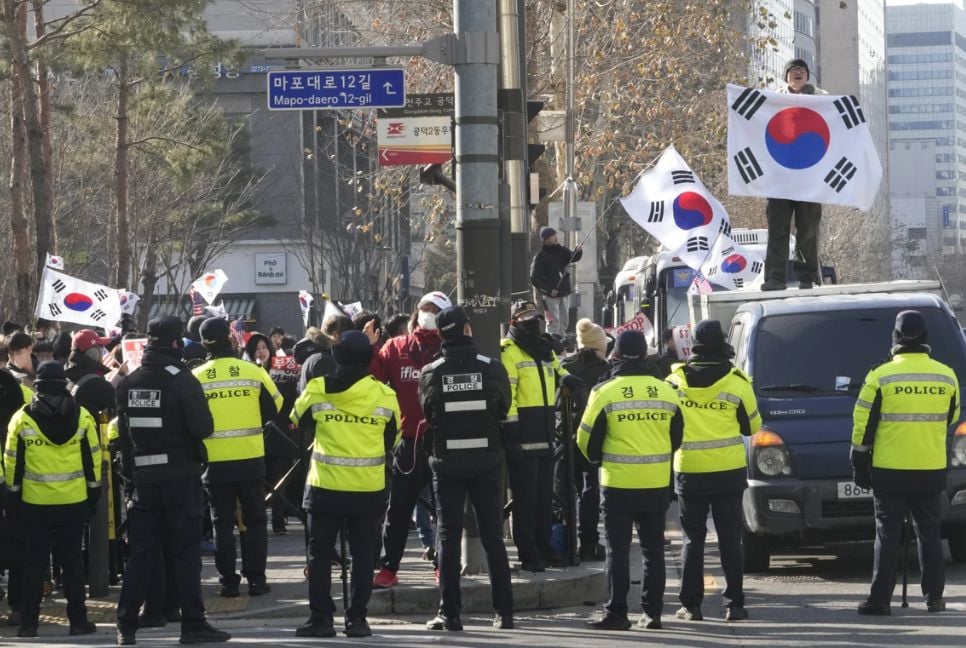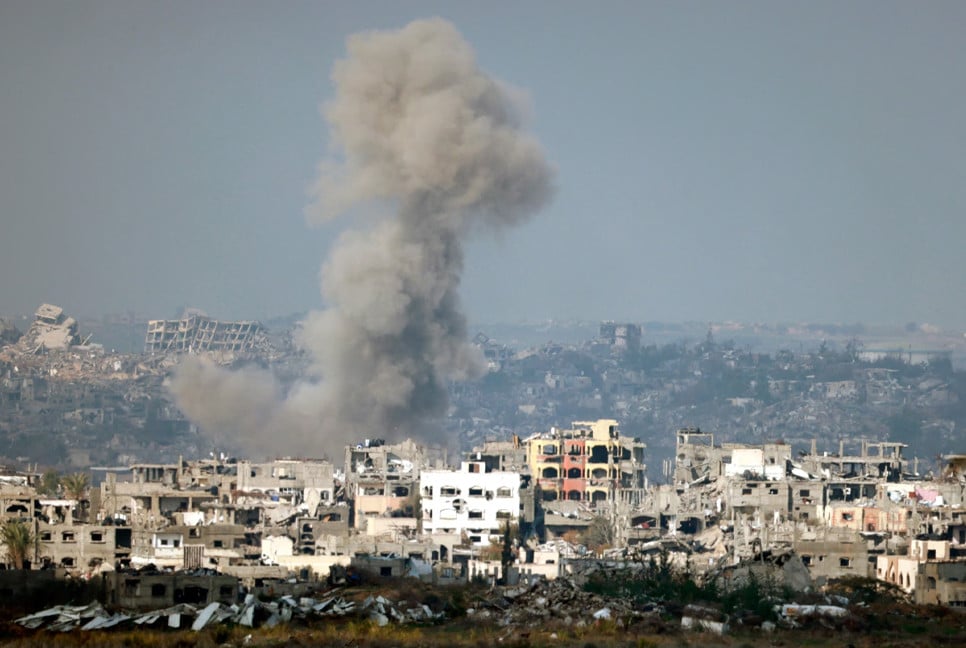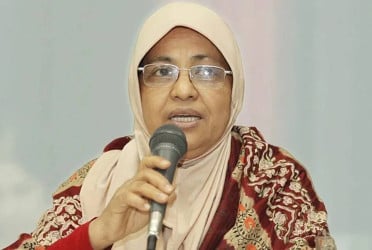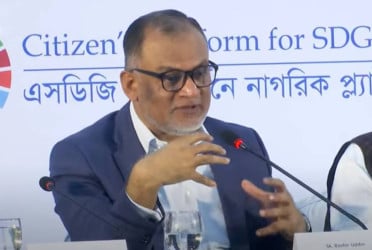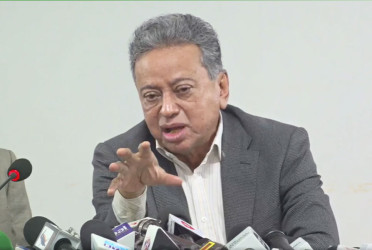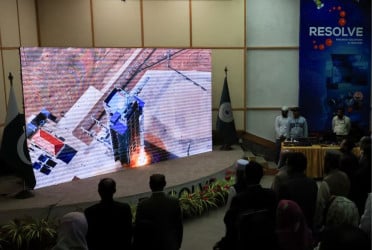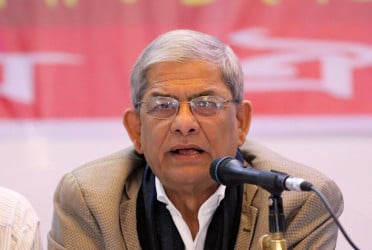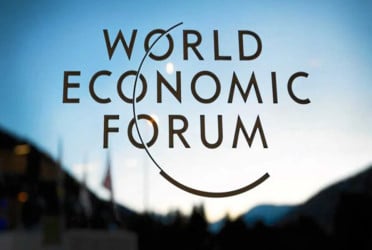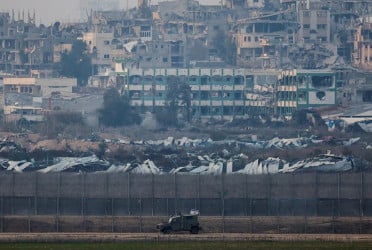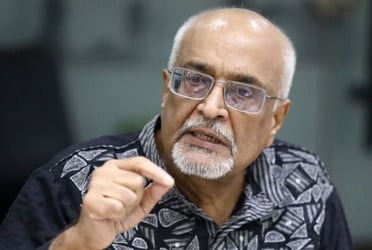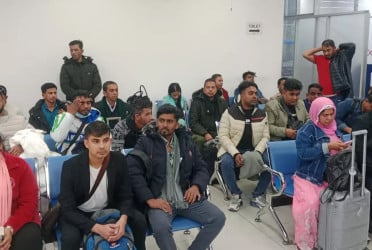The G7 foreign ministers from Canada, France, Germany, Italy, Japan, the United Kingdom, and the United States, along with the High Representative of the European Union, issued a unified condemnation on Monday (local time) against the Democratic People’s Republic of Korea (DPRK) following its recent launch of an intercontinental ballistic missile (ICBM) on October 31. This launch, which follows a series of missile tests utilizing ballistic technology, represents a significant escalation in North Korea’s defiance of international agreements and obligations.
In a strongly worded statement, the G7 ministers expressed grave concern about the DPRK’s decision to continue prioritizing its weapons programs, noting, “We deplore that the DPRK has once again chosen to focus on its unlawful weapons of mass destruction (WMD) and ballistic missile programs over the welfare of its people.” The ministers underscored the impact of these activities on regional stability and global security, noting that North Korea’s continued advancements in nuclear and missile capabilities exacerbate tensions on the Korean Peninsula and beyond.
The statement reinforced the G7’s commitment to the denuclearization of the Korean Peninsula, reiterating the demand for the DPRK to abandon its nuclear weapons and all associated programs in a “complete, verifiable, and irreversible” manner. This call is in alignment with multiple United Nations Security Council resolutions (UNSCRs) that require the DPRK to cease its nuclear and missile development and return to compliance with international norms.
The G7 ministers also emphasized the importance of unity within the United Nations Security Council, urging all UNSC members to uphold their responsibilities and fully implement relevant UNSCRs to prevent further escalation. The G7 called upon all UN Member States to support these resolutions, emphasizing that the international community must act decisively to counteract North Korea’s destabilizing actions.
The foreign ministers reaffirmed their commitment to working closely with regional and global partners to promote peace and stability on the Korean Peninsula. They highlighted the necessity of upholding a free and open international order, grounded in respect for rules-based agreements that prioritize collective security, stability, and the rule of law.
Bd-pratidin English/ Jisan

